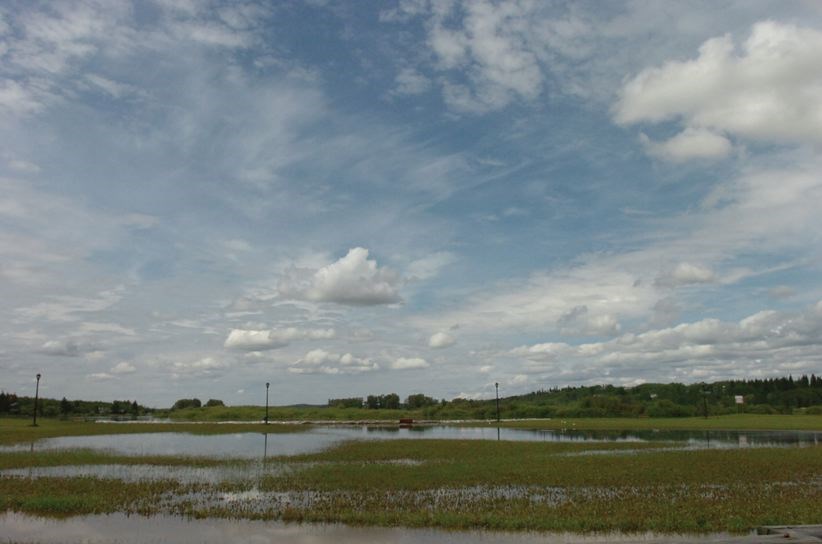A new roundtable focused on the Nechako watershed launched last week, bringing together researchers, government and conservation groups.
The idea for the Nechako Watershed Roundtable emerged out of different groups wanting to connect and promote a healthy communities.
"The purpose is just that to protect and enhance the health of the Nechako watershed and the region overall," said Steve Litke, Fraser Basin Council's senior program manager.
The Wednesday evening launch party and Thursday discussion day saw "a good mix" of participants, including local government, First Nations, non governmental organizations, UNBC's integrated watershed research group, Department of Fisheries and Oceans and other federal and provincial ministries.
The discussion supported a number of the issues outlined in the non-profit's March 2015 Nechako Watershed Health Report, Litke said.
"There were a number of interests of water flows, both in terms of maintaining levels for fisheries habitat and keeping warm temperatures at a cooler state for freshwater habitat. But also high flows in terms of some of the flooding and erosion challenges that occur.
Watershed health also covers aquatic habitat, including recovery efforts around the endangered white sturgeon, which hasn't spawned successfully in the Nechako for more than 40 years. According to the Nechako White Sturgeon Recovery Initiative, water flow, sedimentation, and temperature are all believed to have affected its spawning conditions.
"Climate change is certainly one that is emerging and of increasing interest and how that impacts on hydrology and water resources in the region," added Litke.
The devastation caused by the Mountain Pine Beetle has also affected watersheds, particularly through salvage logging.
"If there's change in cover from a dense forest to a clear area then when there's precipitation - snow or rain - that runs off the surface into streams and rivers and lakes more rapidly, and often there can be more erosion," explained Litke, which brings about "the need to restore those forests to ensure healthy watersheds."
Wildfires also contributed to deforestation. The March report noted the biggest B.C. wildfires in 2014 and 2010 happened in the Nechako watershed.
One of the report's recommendations was to create "multi-interestprocess" to both review its findings and identify strategies to improve, which the roundtable was created to accomplish.
"The roundtable is not really about coordinating each and every action that's on the ground," Litke cautioned.
He said he expects the roundtable will meet a couple times a year, with a core committee taking on a more active role.
"It's really an attempt to increase the level of collaboration and make some connections where that makes sense and perhaps fill some gaps that aren't being addressed currently."
Litke also acknowledged the work of UNBC researchers, which have been working on the watershed for the past two decades.
Faculty members include Margot Parkes, Ellen Petticrew, Phil Owens, and Stephen Dry, who "are taking an inter-disciplinary approach and examining important issues ranging from water security and climate change to sediment sources and dynamics," said a UNBC statement.
The roundtable offers another opportunity for researchers to reach out to affected groups and better understand the needs of watershed users.
"The Roundtable will also be an excellent venue where researchers can share their findings with other groups who are committed to the ongoing sustainability of the watershed," the university statement said.
Litke said he was excited and "just really inspired by the good will in the room and the really constructive tone, and I guess the passion of people and their interest in healthy watershed and healthy communities going forward."



